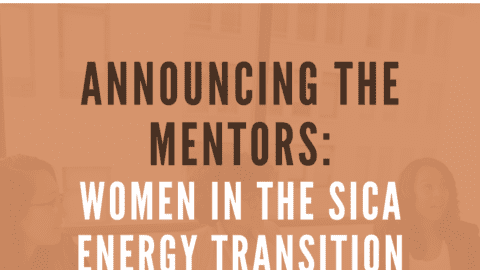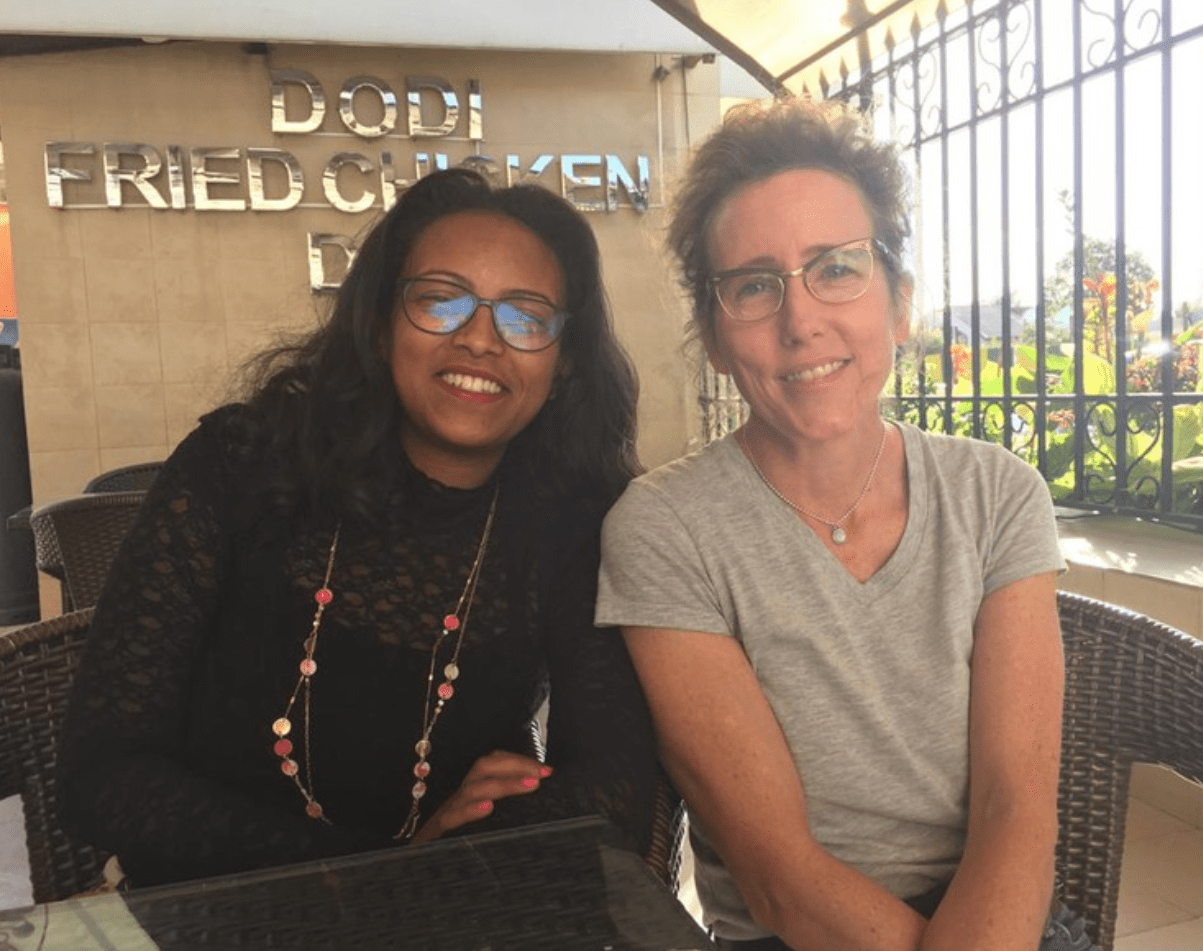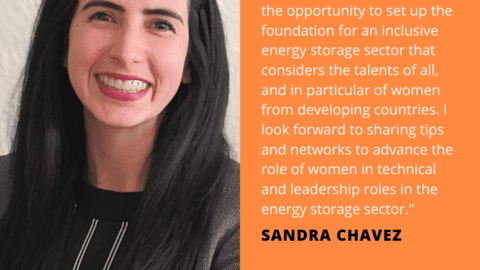Last week, GWNET and Sustainable Energy for All (SEforALL) held their third knowledge-transfer webinar for participants of the People-Centred Accelerator Mentoring Programme, on the topic of Africa Energy Outlook. We were delighted to welcome key speakers Arnaud Rouget and Jasmine Samantar.
Arnaud Rouget is an energy expert currently working at the International Energy Agency (IEA) on Africa and Energy Access within the World Energy Outlook division. Jasmine Samantar is an energy expert currently working as a consultant on the Africa Programme at the IEA and is the Founder & CEO of Samawat Energy.
“Rapid economic and population growth in Africa, particularly in the continent’s burgeoning cities, will have profound implications for the energy sector, both regionally and globally. The stage is set for a new wave of dynamism among African policy makers and business communities, with falling costs of key renewable technologies opening up new avenues for innovation and growth. Chief among the challenges is providing universal access to reliable, modern, affordable and sustainable energy. How to do this is a crucial component of Africa’s Agenda 2063 strategic framework for the continent’s future and of global Sustainable Development Goals. Realising the potential of the continent’s natural gas and mineral resources presents another key challenge.” (source – IEA).
During this webinar, Arnaud led participants through in-depth data and country-specific analysis collected as part of the 2019 Africa Energy Outlook report, which takes a comprehensive look at energy across the African continent and provides “key policy insights to help African energy stakeholders achieve the continent’s growth ambitions in a sustainable and inclusive manner.”
Furthermore, Jasmine shared her experience as an energy entrepreneur working to provide affordable, off-grid, solar home solutions to residents in Somalia, as well as her goal of ending the rural-urban energy fault line and increasing healthcare access in the region.
Key insights from the presentation and subsequent Q&A session included:
- Africa is responsible for a small portion of global CO2 emissions, but suffers greatly from climate change, underlining the importance of climate-resilient infrastructure.
- The continent can fuel an economy 4x larger than today with only 50% more energy driven by a major shift towards modern energy sources and efficiency improvements.
- There is growing demand for cooling driven by an increase in the population as well as the impact of climate change.
- Mobilising energy investments is challenging but achievable.
- Efforts (including investments) for clean cooking need to accelerate even more if we are to achieve the targets set in this area.
If you are interested in knowing more about GWNET’s mentoring programmes, read more here.











